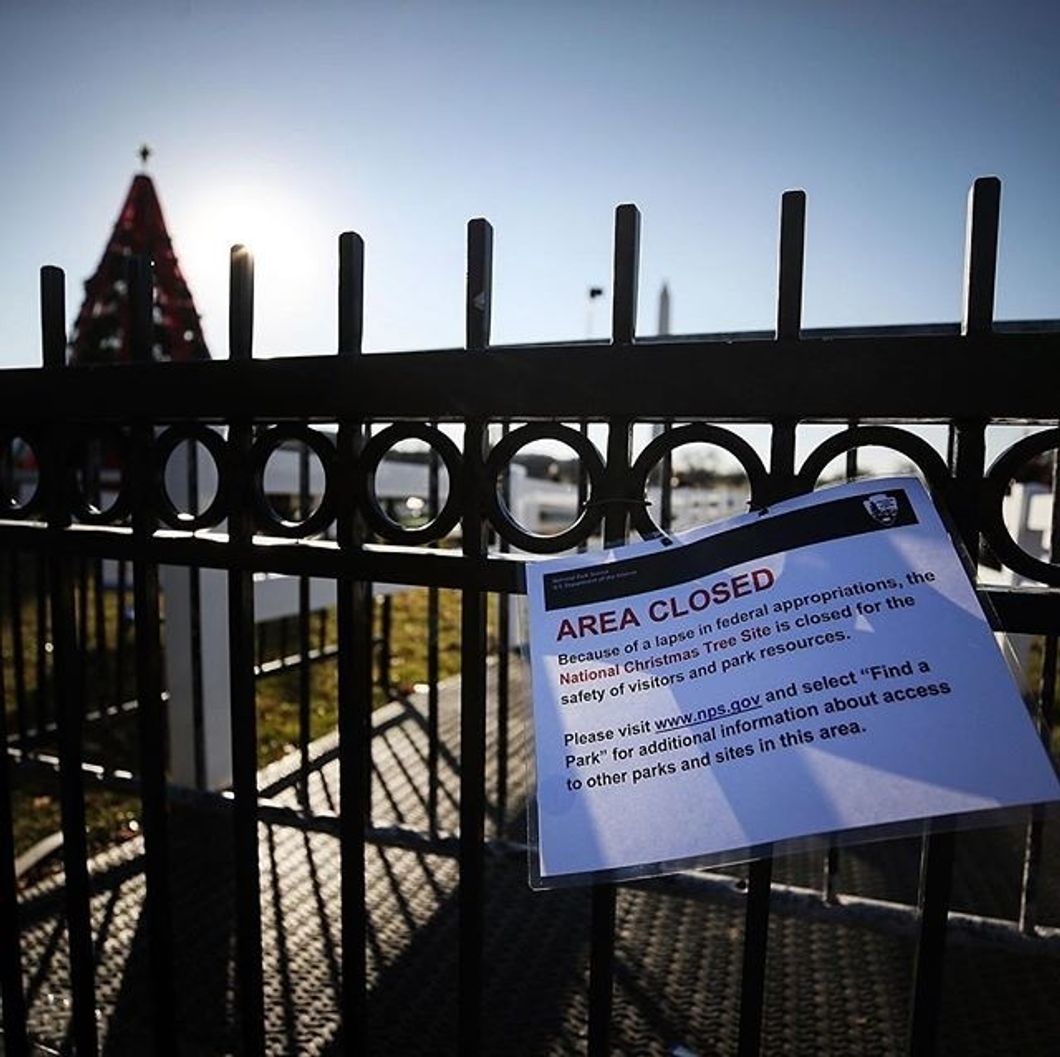On Tuesday evening, January 8, President Trump addressed the nation with a speech on the "growing humanitarian crisis along the US-Mexico border" that needs immediate and dramatic action, while at the same time not offering any new policy or approach to the issue.
No matter how tall or thick the wall, itself is there is still a possibility of getting around it and those who are desperate enough will find a way. Of course, such a wall would also be irrelevant to those people who become undocumented immigrants by overstaying their visa, which by far outnumbers the ones who are undocumented by crossing the border.
In short, the border, and more broadly how the United States defines its relations with Mexico, directly affects the twelve-million people who live within one-hundred miles of the border.
By considering building the wall, the US is unintentionally sending the message of "Keep out" instead of one of hope for those seeking a better life.
If asked, many Texans, especially those along the border, are opposed to the idea. According to a poll conducted in April by Texas Lyceum, which is a nonprofit leadership organization, "Sixty-one percent of Texans, statewide, oppose building a wall, while thirty-five percent support it and four percent don't know or declined to answer"
One of the main problems the building of the wall would have?
There are just simply several areas, especially along the Texas-Mexican border, that would make it difficult to actually build a concrete wall. Many of which are unfenced due to treaty provisions, private-property rights, litigation, and floodplains.
One such place, in particular, is Presidio. The small town is located west of Big Bend Ranch State Park and surrounded by beautiful mountains and extremely dry land, other than a thin ribbon of greenery that drapes each side of the river.
The Presidio City Council has formally opposed such a wall since 2009. They value their business contacts and personal friendships in Ojinaga (the neighboring city in Mexico) and believe a wall would harm those relations while at the same time failing to stop illegal immigration.
Speaking of Big Bend Ranch State Park, it provides a beautiful natural border. Todd Beckett, Republican Party chairman for Presidio County, says flatly, "there is not going to be a wall in Big Bend."
"We've got a big, beautiful barrier, bigger than anything even Trump could build," he said. "It's called the Chinati Mountains."
And it wouldn't just be the people who would be affected by the wall, it would be a disaster for much of America's and Mexico's wildlife and natural environment, both in the present and the future.
Many Federal Wildlife biologists are concerned with the possibility of animals falling into large holes dug out for a fence post, dying in floods or having habitats cut off or reduced due to the wall itself. There is also the problem with the large amounts of carbon emissions that would be produced from the construction alone.
It could unintentionally prevent animals from reaching their hunting lands, water sources and migration corridors, destroy the beauty that is Big Bend National Park in West Texas and potentially lead to extinction in the U.S. for endangered or threatened animals like jaguars, ocelots, and the Mexican gray wolf.
Of course, like with everything, there are some pros to the building of the wall, it could provide jobs (although temporary),
The proposed wall is not the answer.
Better border patrol, better coordination with those in Mexico, and the use of modern technology, such as drones, cameras etc. are just a few answers that would not only be more beneficial but cost-effective, better for the environment as well as overall for everyone involved.

















